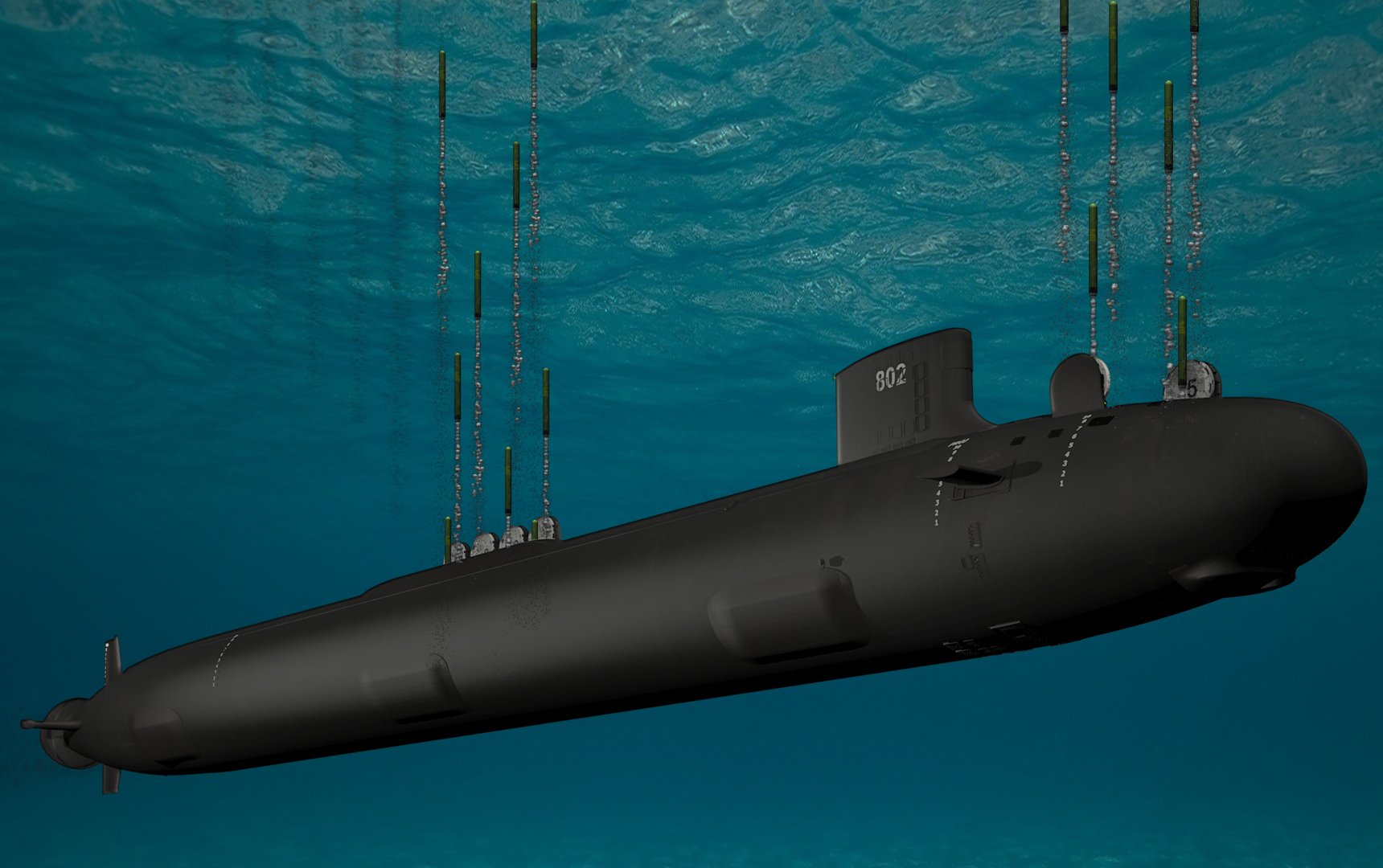
Report on Virginia-class Attack Submarine Program
The following is the Sept. 24, 2020 Congressional Research Service report, Navy Virginia (SSN-774) Class Attack Submarine Procurement: Background and…
Copyright 2024 U.S. Naval Institute. All Rights Reserved.